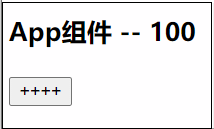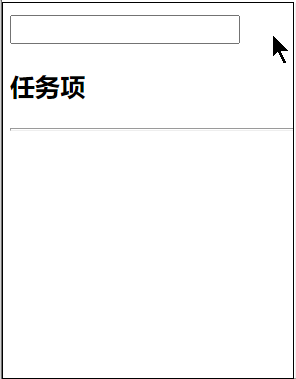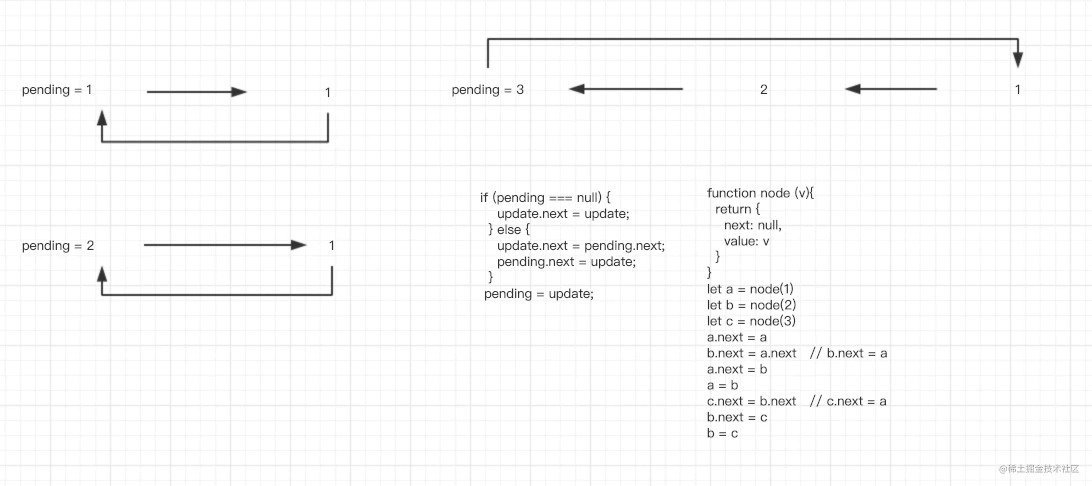1 概述
useReducer 这个 Hooks 在使用上几乎跟 Redux 一模一样,唯一缺点的就是无法使用 redux 提供的中间件。
使用 hook 函
1. 概述
useReducer 这个 Hooks 在使用上几乎跟 Redux 一模一样,唯一缺点的就是无法使用 redux 提供的中间件。
使用 hook 函数后,一般情况下,一个组件组中的数据我们可以用 useReducer 来管理,而不是用 redux 来完成,redux 一般存储公用数据,而不是把所有的数据都存储在里面,redux 它是一个单一数据源,如果存储多个数据的话,性能会降低。
2. useReducer使用
import React, { useReducer } from 'react'
// useReducer 它就是一个小型的redux,它几乎和redux是一样的,也可以管理数据
// 初始化数据
const initState = {
count: 100
}
// reducer纯函数中的state无需在定义函数时指定初始值,initState 会赋值给 reducer
// const reducer = (state,action)=>{}
// type, payload 是从 action 中结构出来的
const reducer = (state, { type, payload }) => {
if (type === 'add') {
return { ...state, count: state.count + payload }
}
return state
}
const App = () => {
// state 它就是初始化后数据的对象,状态
// dispatch 它就是用来发送指令让reducer来修改state中的数据
// reducer它就是一个纯函数,用来修改initState初始化后数据状态函数
// initState 初始化数据
const [state, dispatch] = useReducer(reducer, initState)
const addCount = () => {
// 数据以改变就会触发 useReducer 中的 reducer 函数
dispatch({ type: 'add', payload: 2 })
}
return (
<div>
<h3>App组件 -- {state.count}</h3>
<button onClick={addCount}>++++</button>
</div>
);
}
export default App;
useReducer 的惰性初始化:
import React, { useReducer } from 'react'
const initState = {
count: 100
}
const reducer = (state, { type, payload }) => {
if (type === 'add') {
return { ...state, count: state.count + payload }
}
return state
}
const App = () => {
// initState 初始化数据
// 如果useReducer它有第3个参数,则第2个参数就没有意义,它以第3个参数优先,第3个参数,惰性初始化,提升性能
// 第3参数它是一个回调函数且一定要返回一个对象数据,当然你也可以直接返回一个值也可以,不建议
const [state, dispatch] = useReducer(reducer, null, () => ({ count: 2000 }))
const addCount = () => {
dispatch({ type: 'add', payload: 2 })
}
return (
<div>
<h3>App组件 -- {state.count}</h3>
<button onClick={addCount}>++++</button>
</div>
);
}
export default App;
注意:惰性初始化可以提升性能,惰性初始化使得数据不会在一开始就进行初始化,而是在使用的时候再进行初始化。
3. 使用useReducer完成todolist列表功能
reducer.js:
// 导出初始化数据
export const initState = {
// 任务列表数据源
todos: []
}
// 导出用于操作当前todos任务列表的纯函数
export const reducer = (state, { type, payload }) => {
// [...state.todos, payload] 追加数据
if ('add' === type) return { ...state, todos: [...state.todos, payload] }
if ('del' === type) return { ...state, todos: state.todos.filter(item => item.id != payload) }
return state
}父组件(App.jsx):
import React from 'react';
import Todo from './Todo';
const App = () => {
return (
<div>
<Todo />
</div>
);
}
export default App;ToDo组件:
import React, { useReducer } from 'react'
import Form from './components/Form'
import List from './components/List'
// 导入 reducer 文件中的初始化数据和操作数据函数
import { initState, reducer } from './reducer'
const Todo = () => {
const [{ todos }, dispatch] = useReducer(reducer, initState)
return (
<div>
{/* 表单项 */}
<Form dispatch={dispatch} />
{/* 任务项 */}
<List dispatch={dispatch} todos={todos} />
</div>
)
}
export default Todo表单项组件:
import React from 'react'
// 表单项组件
const Form = ({ dispatch }) => {
// 回车事件
const onEnter = evt => {
if (evt.keyCode === 13) {
const title = evt.target.value.trim()
// todo每项中的数据
const todo = {
id: Date.now(),
title,
done: false
}
dispatch({ type: 'add', payload: todo })
evt.target.value = ''
}
}
return (
<div>
<input onKeyUp={onEnter} />
</div>
)
}
export default Form任务项组件:
import React from 'react'
// 任务项组件
const List = ({ todos, dispatch }) => {
const del = id => {
dispatch({ type: 'del', payload: id })
}
return (
<div>
<h3>任务项</h3>
<hr />
<ul>
{todos.map(item => (
<li key={item.id}>
<span>{item.title}</span>
<span onClick={() => del(item.id)}>删除</span>
</li>
))}
</ul>
</div>
)
}
export default List
到此这篇关于React useReducer终极使用教程的文章就介绍到这了,更多相关React useReducer内容请搜索好代码网以前的文章或继续浏览下面的相关文章希望大家以后多多支持好代码网!



